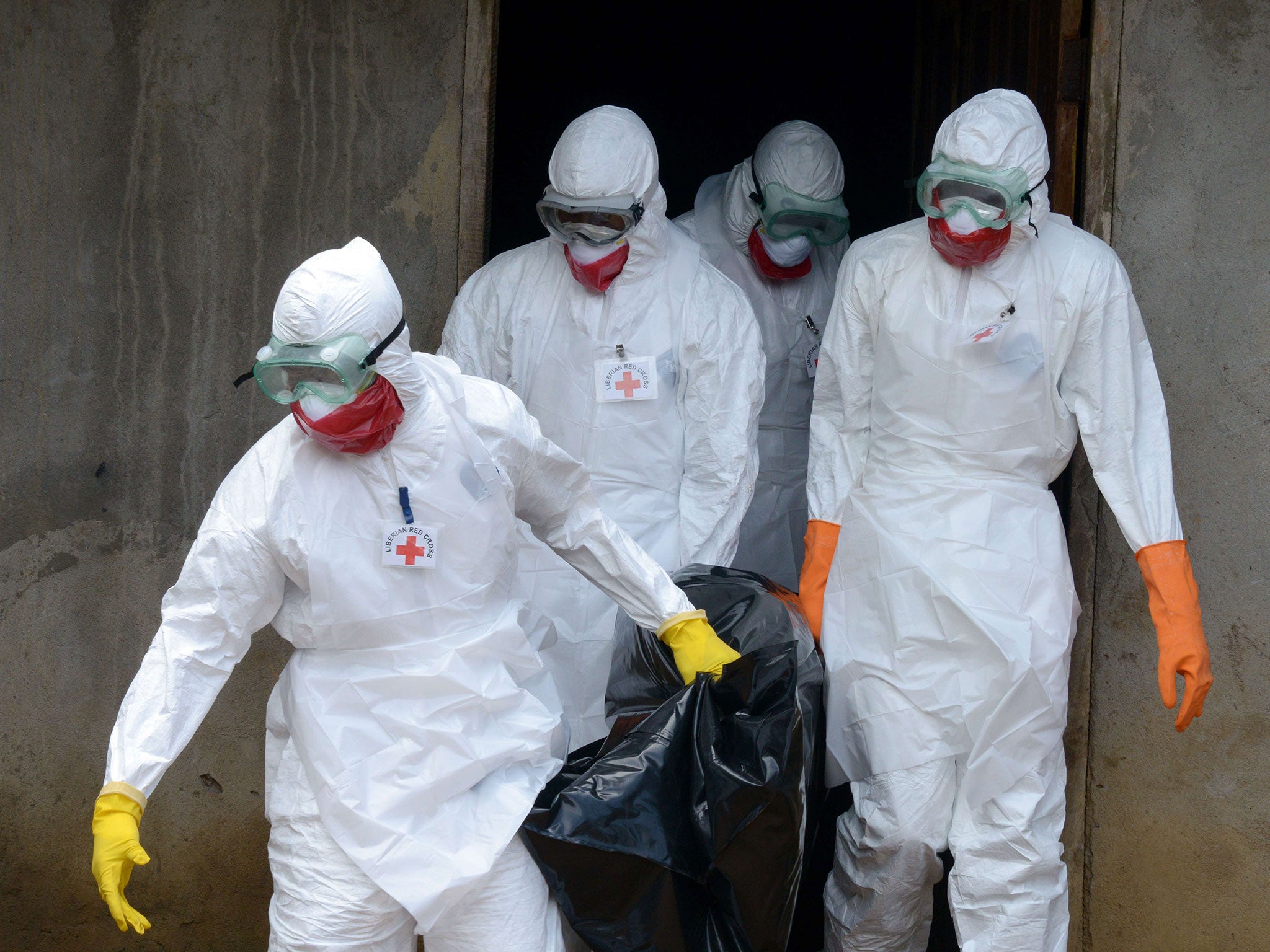Ebola virus: 1,900 dead as worst ever outbreak spreads rapidly
Latest figures shows the deadly virus killed 1,000 in August alone

The spread of the deadly Ebola virus has rapidly increased, killing almost 1,000 people in the last month alone, official figures from the World Health Organisation (WHO) show.
Ebola-related deaths across West Africa doubled in August as the death toll reached 1,900. There have been 3,685 cases reported since the outbreak.
The figures come as experts gathered to discuss experimental treatments not yet licensed for use during an emergency two day summit.
Much attention has focused on the drug ZMapp, which was given to seven patients, two of whom died. However, the limited supply is now exhausted and its developer says it will take months to make even a modest amount.
Scientists from Johnson & Johnson say they will fast-track tests on an Ebola vaccine to allow for human testing to commence by 2015.
Experts have also been looking at whether the blood of those who have survived Ebola could be used to treat patients.
Chief scientific officer Paul Stoffels told Reuters: "Because of the emergency we decided to focus on the Ebola Zaire strain, which is the one in the West Africa outbreak, and that's why we can accelerate the programme significantly.”
On Thursday, the American aid agency announced plans to donate $75 million (£45 million) to fund 1,000 more beds in Ebola treatment centres in Liberia and buy 130,000 more protective suits for health care workers.
Health workers account for about 10 per cent of the deaths so far. Much of the protective gear they use must be destroyed after use, so Ebola wards need a constant flow of clean equipment.
The US Agency for International Development also warned several hundred more international experts are needed, warning: "This will get worse before it gets better”.
"We have a coherent and clear strategy,” said Rajiv Shah, the agency's administrator, “but it will take weeks to months to get operational at that scale."
Nurses in Monrovia, Liberia's capital, have resorted to cutting up old uniforms and wearing them as masks to protect themselves from the virus. Liberia has been the hardest hit by the outbreak.
"It is really pathetic," one nurse told The Associated Press. "We are not equipped to face the situation."
Join our commenting forum
Join thought-provoking conversations, follow other Independent readers and see their replies
Comments
Bookmark popover
Removed from bookmarks